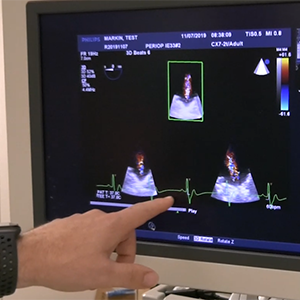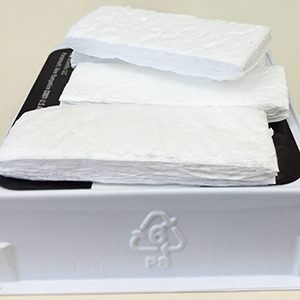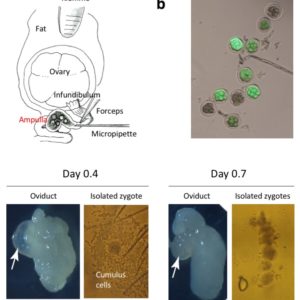Description
Antibody differentiates between ulcerative colitis and Crohn’s disease
Inventors at UNMC have developed a noninvasive blood test that can differentiate inflammatory bowel disease patients with high confidence, predicting disease severity and setting up a path for therapy response.
Inflammatory Bowel Disease is a group of chronic disorders where ulcerative colitis (UC) and Crohn’s disease (CD) are the principal manifestations. The cause remains uncertain and proper diagnosis requires a multitude of expensive, invasive, uncomfortable and potentially life-threatening procedures. A clear and accurate diagnosis is frustratingly difficult because UC and CD are so similar.
UNMC researcher found that malondialdehyde, a product of lipid peroxidation, reacts with acetaldehyde and forms a unique malondialdehyde-acetaldeyde adduct, or MAA for short. MAA promotes inflammatory responses and triggers cytokine secretions. These adducts have a pathogenic role to play in the initiation and progression of chronic inflammatory diseases such as rheumatoid arthritis and cardiovascular disease, to name a few.
The novel blood test uses the presence of MAA as a way ti differentiate between UC and CD.
To discuss licensing opportunities about this technology, contact Amanda Hawley, PhD, at ahawley@unmc.edu or 402-310-5602.






